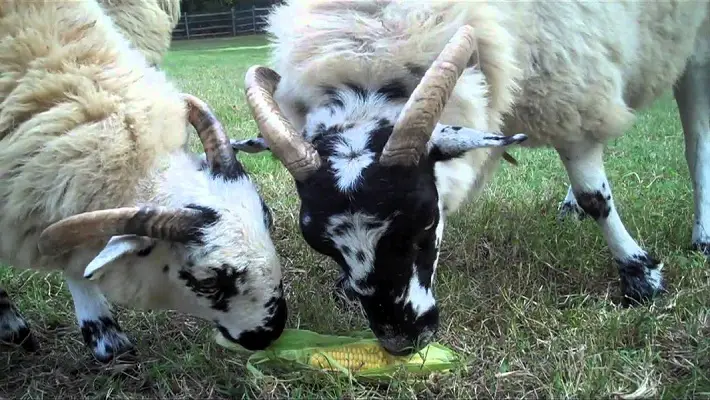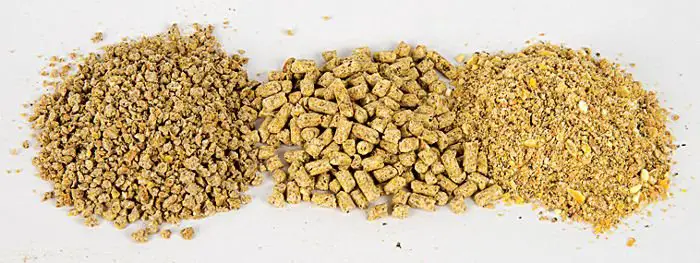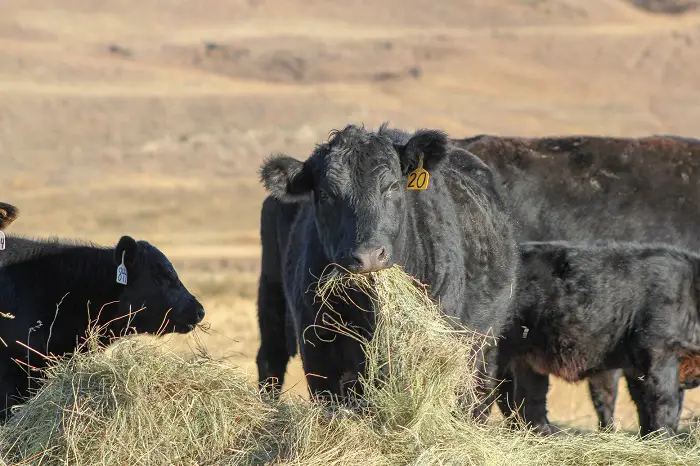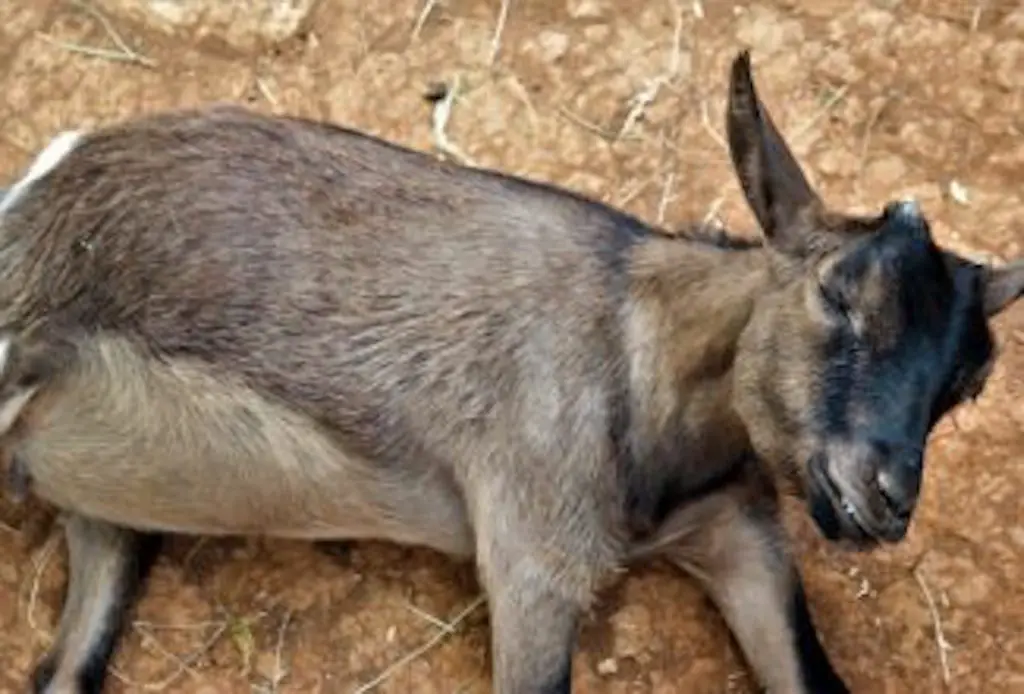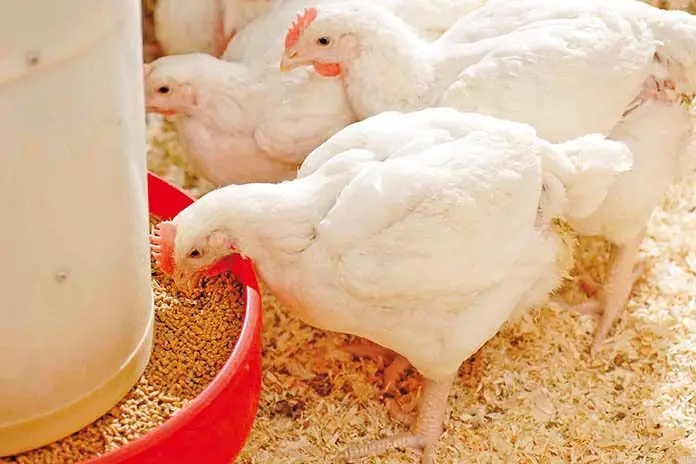Sheep are grazing animals commonly kept for their wool, meat and even milk. They often roam in large herds. A sheep’s diet is commonly made up of grasses, grains and any other plant-based material. Corn, also known as maize is one of the most common grains found in the world and grown all over. You have probably seen it whenever you drive by a commercial farm, on your dinner plate or even played in a corn maze. Corn has a number of uses, it can be ground into flour or processed to make a variety of food products such as corn syrup and cornstarch. Corn is common almost everywhere and it is extremely cheap to buy so you may be tempted to buy it as food for your sheep. Before you start buying it for your fluffy companions and feeding it to them, you might want to ask an important question. Can Sheep eat corn.
Contents
Where To Find Corn
If you didn’t plant any corn in your farm this year or you are purely into sheep farming and animal rearing but still want to feed your sheep corn there is nothing to worry about. Corn is a common and cheap grain grown almost all over the world, however finding it can be a struggle especially in large quantities. Corn is grown in almost all 50 states in the United States however it is primarily produced in the Northern and Midwestern states. The easiest way to buy large quantities of corn at once is to contact a local or popular wholesaler or producer who sells corn at wholesale prices which is the cheapest. Buying corn in markets is more expensive and the corn sold is usually in very low quantities. Most grain wholesalers tend to have a website and thus can be found through a quick search on google which will return results relative to your location.
How To Feed Sheep Corn
Sheep are herbivores and that means they eat plant matter. You can also feed sheep corn but they cannot primarily live on a diet of corn alone. The best corn to give sheep is fresh raw corn because it has the highest nutritional value and the high moisture content in the corn makes it easier for sheep to digest. You can either hand feed the sheep, put the grain in troughs or feed the sheep on the ground. Remember to cut the kernels off of the cob before serving it to them. Sheep can also eat cooked corn as long as there no extra additives which could cause harm to the sheep. Corn does not provide much protein for lambs and thus lambs will need a lot of protein preferably from a protein supplement when corn is fed. Corn should be given to sheep in very limited quantities and with strict monitoring to their feeding schedule to avoid messing up their digestive cycles. Cracked corn can be dangerous to sheep and should be fed to them very rarely. Sheep should not get anything more than twenty-five percent of their total calories from corn, or another way of looking at it is that corn fed to sheep should be no more than one percent of their body weight.
Health Benefits Of Corn
Seeing that you are still here shows you have a huge interest in corn and are seriously considering feeding it to your sheep. Let us look at the health benefits of feeding corn to sheep, shall we? Corn is a calory packed grain with tones of nutrients and sugars for your sheep. Corn has a high variety of vitamins which are Vitamin A, B1, B2, B3, B5, B6 and last but not least Vitamin C. Corn is also high in phosphorus and magnesium and it is well balanced in manganese, zinc, iron and potassium as well. Even though sheep can make Vitamin C in their livers the vitamins present in corn are very important to the sheep. The B vitamins are essential for cellular functions. Vitamin A is important for keeping the sheep’s wool health and vital for the repair of the nervous system tissue. Potassium maintains fluid and electrolyte balance in mammals but it is also necessary for the proper fermentation of bacteria in the rumen, hence sheep need more of it than most mammals. A lack of potassium can lead to many digestive issues in sheep. Corn is a calorie dense snack and is a great option if you want to give your sheep a quick energy boost or just as a treat.
Important Tips To Know
Corn gives sheep tones of energy and is packed with nutrients however it is tough for them to digest and should be given to them in limited quantities. Giving sheep too much corn can cause diarrhea and inflammation of the intestinal lining which is caused by too much sugar. Corn also has a very high calcium content which is good for lambs but can cause urinary calculi in rams if half of their diet is made up of corn. Lambs below the age of two months should not be fed corn as it is a bit to demanding on their digestive system and can cause many digestive problems including diarrhea. I would strongly advise against feeding cracked corn to sheep as it may cause acidosis, which could cause death. Acidosis causes the rumen to stop working. Cracked corn usually contains bacteria which leads to bacterial infection in sheep. It is very important to be watchful of the ingredients in the corn you are serving to the sheep especially if its cooked or store bought. Seasoning may be delightful for humans but it is awful for sheep as it contains extra calories which can lead to digestive upset and other dangerous conditions in sheep. Pesticide is usually put on grocery bought corn which tends to be very harmful to sheep and can lead to cancer, nervous tissue damage and more.
Conclusion
Corn is a great snack for sheep which is relatively safe and easy to obtain. It is important however to note that corn is and only should be a snack, as it is a bit tough on the sheep and excess corn may even lead to excess weight gain. When feeding corn, remember to remove the kernel, check for additives and avoiding the cracked counterparts, otherwise there is no other reason not to feed it to your sheep. The extra nutrients in corn might help your sheep gain some nutrients they are missing, especially the extra potassium. To conclude this article yes, sheep definitely can eat corn.
